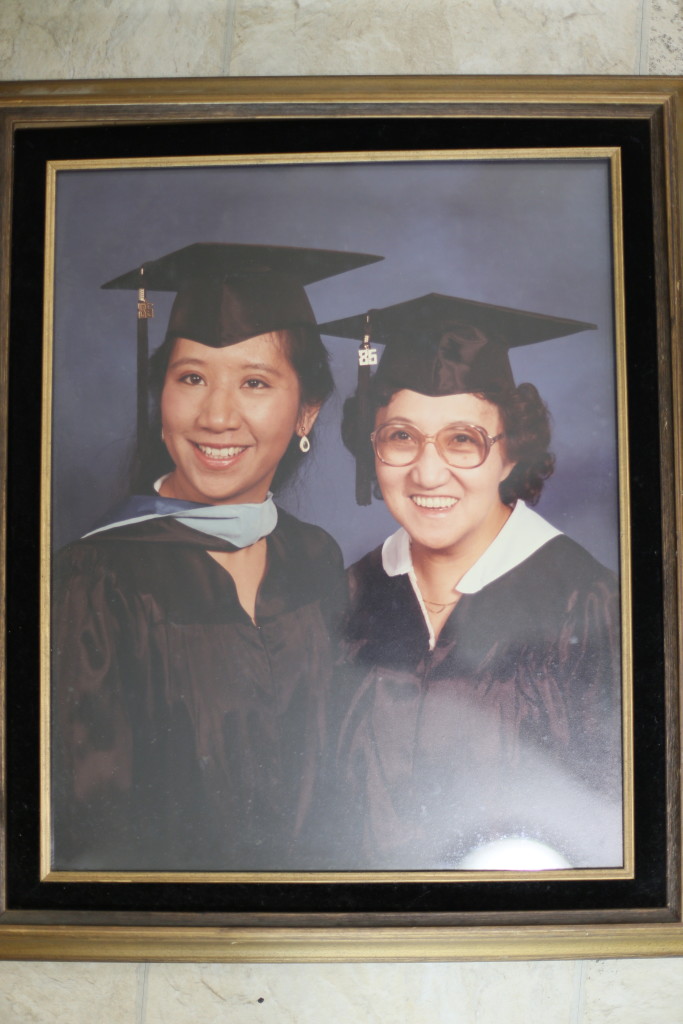 By Aaron Tooyak
By Aaron Tooyak
Judith Ramos (‘85) obtained her Bachelor’s degree in Anthropology from UAA and her Masters degree in Adult and Community Education from APU. Now, she is completing her PhD in Indigenous Studies at the University of Alaska Fairbanks (UAF) – where her dissertation, in partnership with the Smithsonian’s Arctic Studies Center and the National Science Foundation, documented a 900-year relationship between Alaska Native seal hunters and Hubbard Glacier in Yakutat Bay.
Judith is also an Assistant Professor with the Department of Alaska Native Studies and Rural Development at UAF.
How has your education at APU helped you in your career?
The Masters in Adult Education is a versatile enough degree for many different areas. It has been helpful for me as an educator and a trainer.
Adult education fits into many fields. Adults learn differently and the classes I took gave me the skills and tools I need to teach on an adult level.
How was your experience as a student, what have you learned that still applies today?
My mother and I took classes together; it was a fun time. We were in a Bilingual Education class together, but I was a year ahead of her.
One fun class I took was Program Development, where I created my own Tlingit culture curriculum. APU gave me the opportunity and guidance to focus my education on my cultural values.
APU took the time to teach me how to be a better writer and researcher, and how to have my work published. You’re not just another student in class, each individual receives attention.
The best class I took was a writing course that taught me how to eliminate “dead wood”. This still helps me while editing students’ papers and assignments, it makes my job easier as a teacher.
What made you stay at APU, and how can contributions and donations help students?
The small groups and class sizes were not intimidating. The small university made it easier to be involved on campus. Larger universities are more intimidating and you are within a smaller minority, I didn’t feel comfortable at a larger school.
As a student you struggle financially. While I was in school I asked myself, how am I going to pay for this bus fare? I had to get to campus. Donations help students so they don’t have to struggle.

